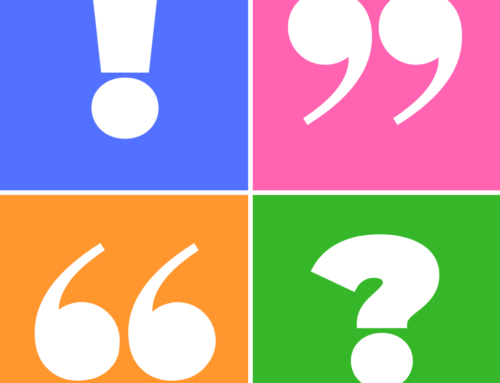
People tend to think about a child’s development as something that can be improved in the relative short term. If something happens to a child at age 5, it can certainly affect them when they’re 25. But what about when they’re 65, 75 and 85? Can early benefits or hindrances affect someone late into his or her 80s? The American Psychological Association (APA) says yes.
Recently, the APA performed the first-ever study on the benefits of musical training during childhood on the cognitive abilities of 70 healthy adults ages 60 to 83. The participants were divided into three groups: those who never had any musical training, those who had one to nine years of musical training and those who had had more than ten years of musical training. The results showed that it did not matter if the subjects currently played their musical instruments or not; as long as the participant started playing an instrument around the age of 10, when a child’s brain is still developing. If the participant had done this, they are shown to have increased cognitive abilities. And not surprisingly, the longer they trained, the better the results.
What’s interesting is that this is the first study of its kind. In a time where diseases like Alzheimer’s and dementia are heightened and in the public eye, it makes me wonder if more researchers should be looking into cognitive studies like this one.



